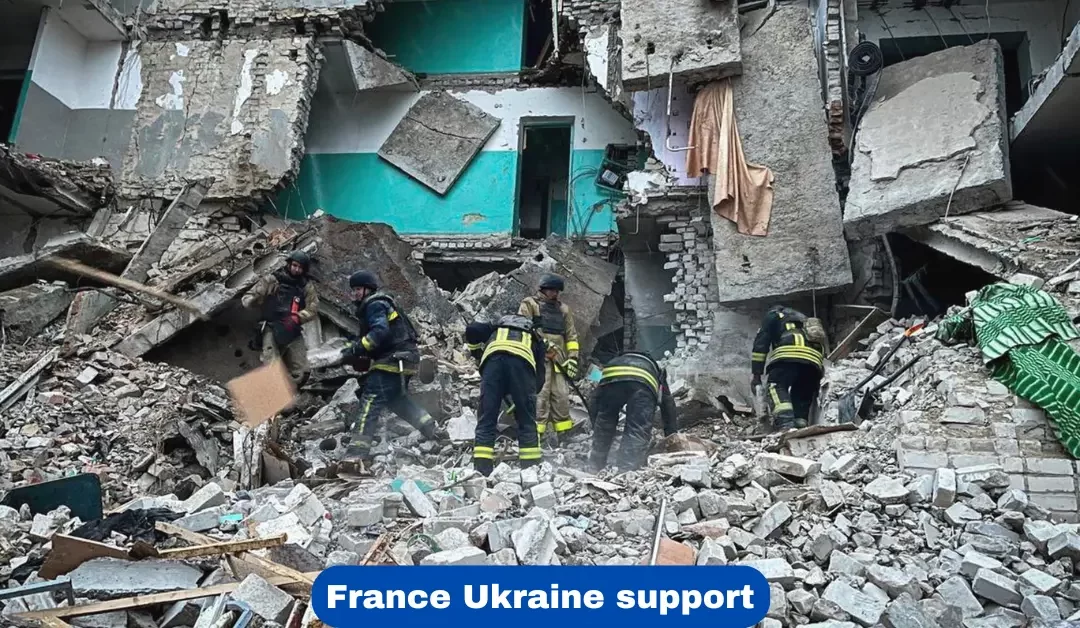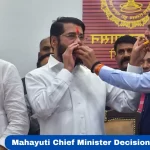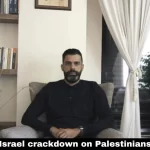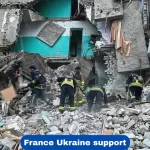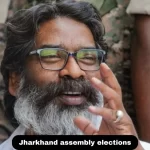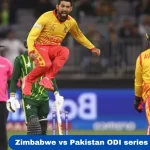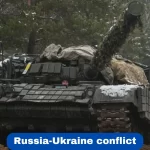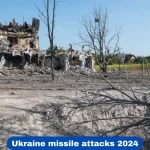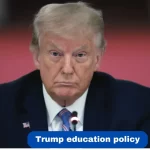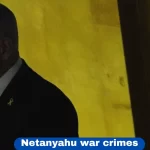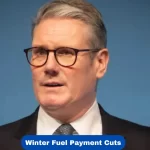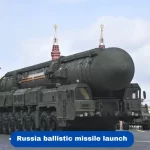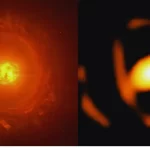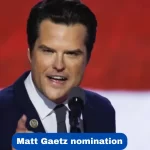France Stands Firm on Supporting Ukraine in Self-Defense: Key Developments
French foreign minister Jean-Noël Barrot has made it clear that Western allies, including France, should impose no limits on their support for Ukraine in its defense against Russia. In an interview with the BBC, Barrot emphasized the need to avoid setting “red lines” that could restrict Ukraine’s ability to defend itself. This statement comes amid increasing tensions and significant developments in the ongoing Russia-Ukraine conflict.
France and Long-Range Missiles
Jean-Noël Barrot highlighted that Ukraine has the right to use French-supplied long-range missiles for self-defense, including operations inside Russian territory. However, he did not confirm if French weapons had already been deployed in this manner. France has provided Ukraine with the SCALP missiles, which are identical to the UK-supplied Storm Shadow missiles. These missiles have reportedly been used in strikes within Russian borders, signaling a strong stance by Western allies in supporting Ukraine’s defense initiatives.
Key Points:
- France supports Ukraine’s right to self-defense without restrictions.
- French SCALP missiles are part of the military aid.
- Barrot’s statements underscore the commitment of Western allies to Ukraine.
Russia’s Countermeasures and Escalations
While Ukraine continues to push back against Russian aggression, it has faced challenges in holding territories gained in earlier advances. According to Ukrainian military sources, over 40% of the land captured in the Kursk region has been lost to Russian counterattacks. Russia has reportedly stationed around 59,000 troops in the region, intensifying its efforts to regain control.
Simultaneously, Russian President Vladimir Putin announced plans to expand the use of experimental ballistic missiles, which Ukraine has condemned as a violation of international law. Putin also signed legislation allowing soldiers fighting in Ukraine to cancel unpaid debts of up to $100,000, incentivizing enlistment.
Key Points:
- Ukraine faces territorial losses in the Kursk region due to Russian counterattacks.
- Russia escalates missile testing and deploys large troop numbers.
- Putin introduces financial incentives for Russian soldiers.
Western Allies’ Strategic Moves
The conflict has drawn significant international attention, with Western leaders continuing to show support for Ukraine. U.S. Secretary of State Antony Blinken is attending a diplomatic summit in Europe to discuss the wars in Ukraine and the Middle East. Additionally, the Biden administration remains committed to maintaining strong alliances, though speculation surrounds potential changes in U.S. foreign policy if Donald Trump returns to power.
In another development, reports suggest that Trump may appoint Richard Grenell as a special envoy for the Russia-Ukraine conflict, should he take office. This potential appointment signals possible shifts in U.S. involvement and peace negotiations in the future.
Key Points:
- Blinken participates in G7 meetings to address global conflicts.
- Speculations of Trump’s foreign policy shifts raise concerns.
- Western nations continue coordinated efforts to support Ukraine.
Impact of Russia’s Policies
Beyond the battlefield, Russia’s policies continue to provoke criticism. At the COP29 climate summit, Ukraine condemned Russia’s inclusion of occupied Ukrainian territories in its greenhouse gas inventory report to the United Nations. Ukrainian officials view this as an attempt by Russia to legitimize its occupation.
Furthermore, Putin signed a controversial law banning the adoption of Russian children by citizens of countries where gender transitioning is legal, further isolating Russia from Western ideologies. The move aligns with the Kremlin’s portrayal of the West as “satanic” and intent on undermining Russia.
Key Points:
- Russia’s climate report draws backlash for including occupied territories.
- Putin’s new adoption law reflects deeper ideological divides.

